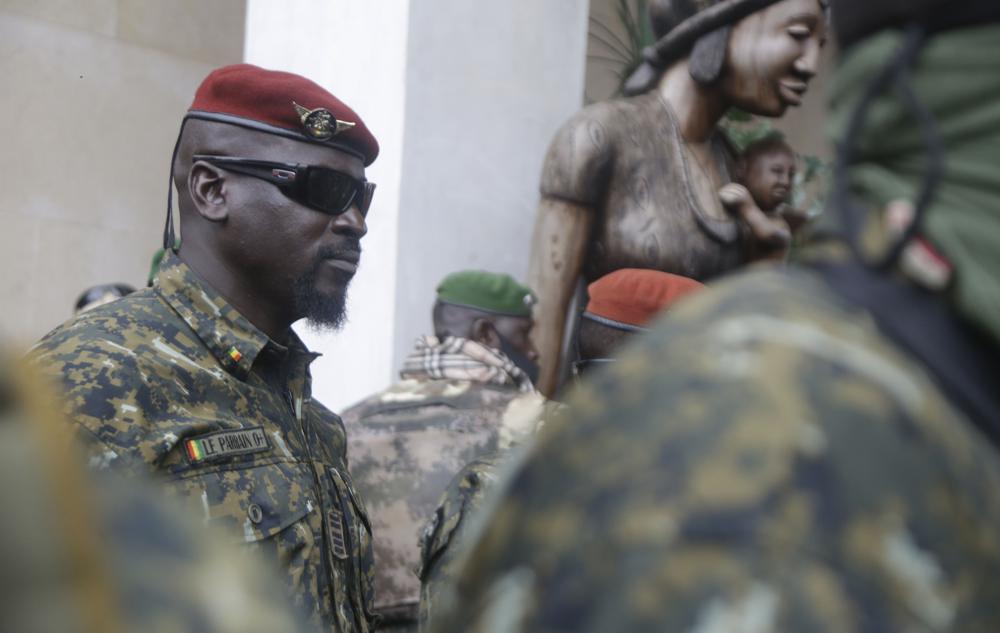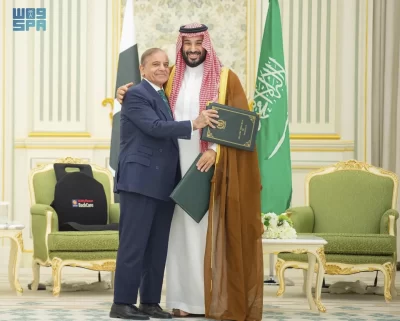
OUAGADOUGOU, Burkina Faso — It’s a pattern becoming all too common again in West Africa: Mutinous soldiers detain a president, then seize control of the state broadcaster to announce they’ve taken over the country. International condemnation quickly follows, but the junta remains in power.
West Africa’s new wave of coups kicked off in Mali in 2020, followed by another in Guinea the following year, and then Burkina Faso late last month. Just a week later, gunmen also tried to overthrow the president of Guinea-Bissau in a machine-gun attack that lasted hours but failed.
Military power grabs are nothing new in the region: There have been nearly 100 in West Africa since 1946 but they’d dropped off over the past decade. Now the regional body known as ECOWAS is grappling with how to bring about a return to democracy in three of its 15 member states, where juntas have seized power in the last 18 months.
The new spike in power grabs comes as the Sahel, the vast region south of the Sahara Desert, faces growing violence from Islamic extremists, which in turn has caused people to turn against elected governments in both Mali and Burkina Faso. Neighboring Niger, hard-hit by Islamic insurgents, has also been vulnerable: Security forces stopped a coup attempt there last year.
“Coups in West Africa have been making a comeback for various reasons which bleed into one another,” said Rukmini Sanyal, research analyst for the Middle East and Africa at the Economist Intelligence Unit.
Regional political volatility is becoming entrenched, causing a slow erosion of democratic gains, she said.
And there’s often widespread support for the government overthrows within the countries because people hope it will bring about new elections, she added.
After last week’s coup in Burkina Faso, people across the country lauded the military takeover, saying it was overdue. In Mali, thousands of protesters took to the streets in support of the ruling military after the West African regional bloc, ECOWAS, imposed sanctions over delayed elections.
Guinea’s junta also has benefited from the fact that ousted President Alpha Conde had become deeply unpopular because he sought to circumvent term limits and won a third term.
Governance and rule of law institutions are weak in many countries in the region, says Corinne Dufka, West Africa director for Human Rights Watch.
“And when societies are tested by insecurity and profound brutality against civilians, it may make some people more willing to accept less democratic military rule,” Dufka said.



